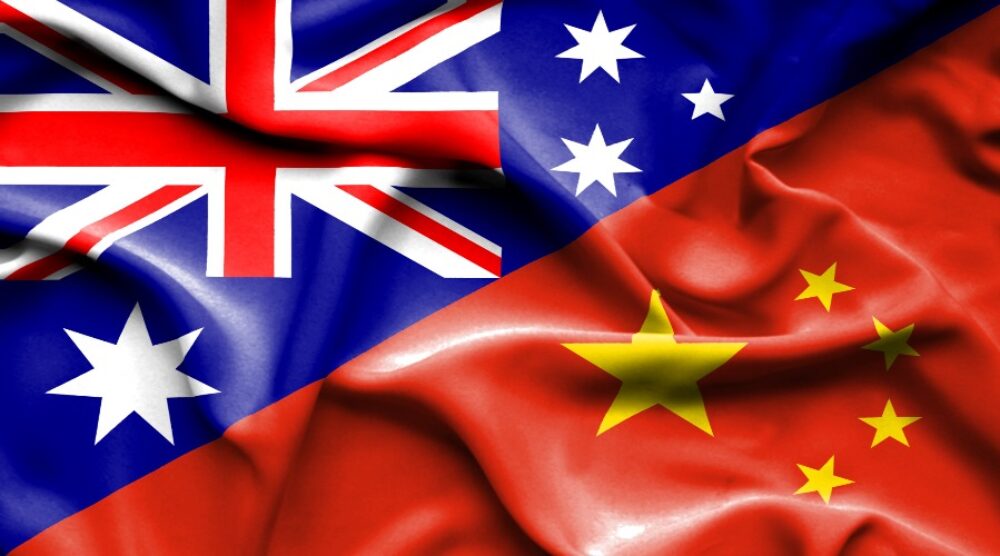A cascade of recent events has sharpened the need for Australia to devise a coherent response to China’s growing influence both in the bilateral relationship as well as globally. The current public debate in Australia about China reflects strong convictions and sectional priorities, but rarely attempts to reconcile these in a way that serves Australian society as a whole. For this, we should look to the concept of ‘grand strategy’, with precedents in international contests of past centuries.
A grand strategic approach
Like any strategic process, grand strategy balances ends, ways and means, seeking an outcome that is feasible given the ‘operating conditions’ and available resources. It is ‘grand’ in uniting actors from across society in a shared decision-making framework, directed at shaping the international order in ways both favourable and sustainable. This provides the best prospect for addressing all aspects of the national interest with all tools available.
Three long-term parameters shape the conditions and resources that Australia has to work with in our policy towards China. First, the economic bases of national power have become transnational. Production and technological progress have become extensively integrated across borders and now leverage global economies of scale. This means that any effort to bring production back within the nation-state, or even a group of like-minded states, will involve significant trade-offs, and a long, messy process of corralling myriads of actors.
China’s weight in these transnational systems, especially within our region, creates huge inertia against re-arranging such relations by government policy alone. The snowballing costs of the pandemic will constrain the resources available, both for firms to ‘decouple’ from China and for governments to support this, even if the costs of fragmenting global supply chains are deemed worthwhile. Australia’s own trade exposure to China, as well as the importance to Australia of countries with economic ties to China that continue to grow, highlight how the resources needed to pursue national security are bound to the same systems from which insecurity derives.
While some decoupling in some sectors from China is justified, maintaining the means to prosecute an independent national strategy will likely require tolerating a large degree of ‘managed interdependence’ — a system of calibrated exchanges with a sometimes-hostile state. In a similar way to how mutual deterrence and arms control frameworks gave the Cold War a degree of stability despite nuclear arsenals, frameworks are needed to govern economic interdependencies that can be potentially weaponised today. Devising a logic of strategic assets that integrates the costs and benefits of foreign inter-dependencies for all actors across society is the first step to deciding which exchanges are in the national interest and which are not.
Please click here to read the full “Principles of Australian grand strategy for China” article originally published at The China Story, written by Griffith Asia Institute Visiting Fellow, Peter Layton, and John Lee.








